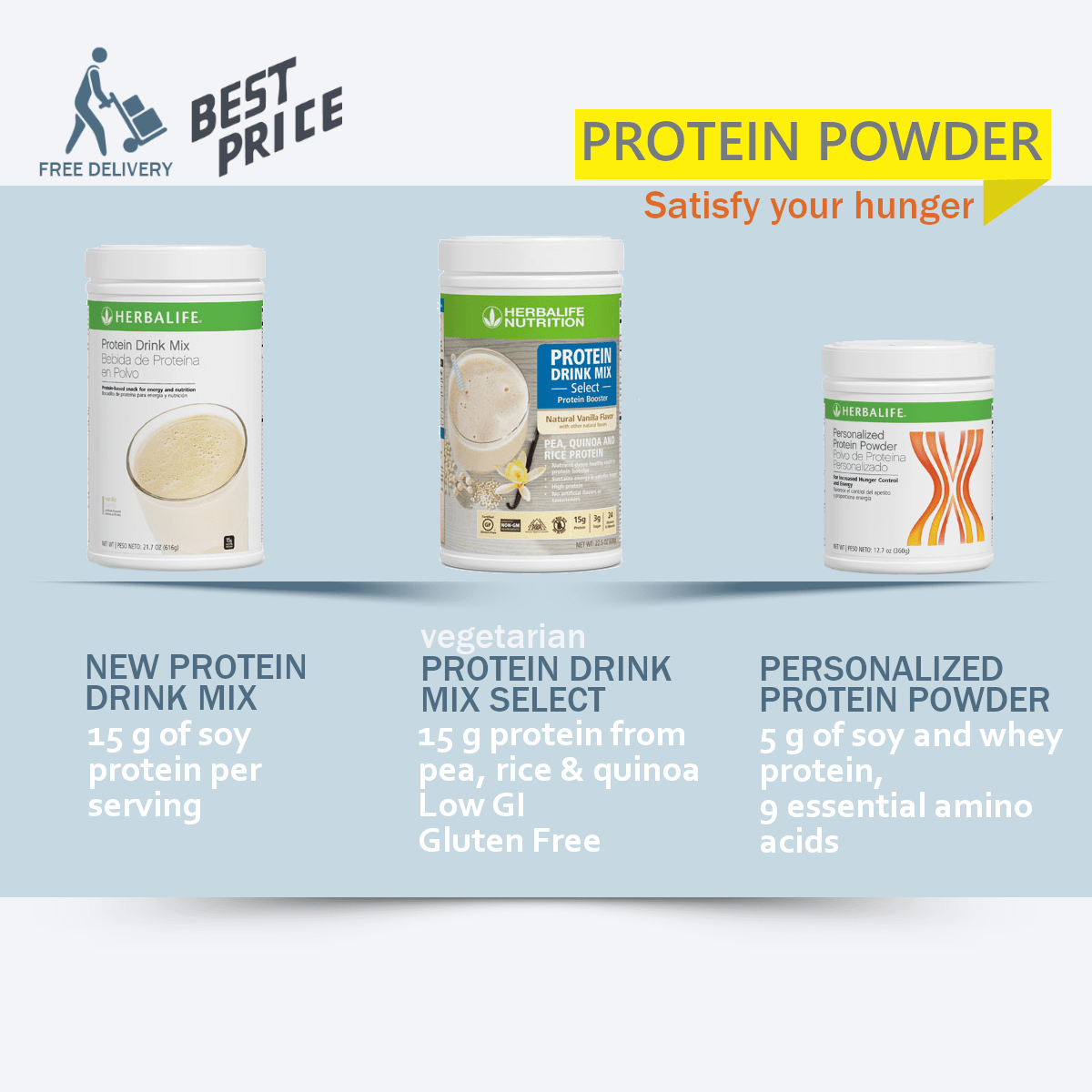Is your child allergic to cow milk?
Last Updated on by Sophie
Is your child allergic to cow milk?
Cow milk protein allergy (CMPA) is early childhood allergy and common, CMPA is complex and differ from lactose intolerance the difference between the two is in the symptoms.
CPMA symptoms triggered by immune system and it affects the digestive system, skin and respiratory system. It takes four to six week for symptoms to ease and for allergy to disappear.
CMPA may cause long-term health complications in children if it’s ignored, CMPA can cause asthma attack, eczema, and whole face of part of it swelling known as angioedem. CMPA is serious health issue for children that need to be managed.
Studies show that most children with CPMA will develop eczema, it affects the skin makes it itchy, inflamed and reddened. That is not all some children may develop allergies to certain type of food.
Once the child diagnosed with CPMA the only solution to control it is avoiding cow milk and replacing it with soy milk.
Lactose intolerance
Its estimated that 75 percent of world population is lactose intolerance. Lactose intolerance is a digestive system inefficiency in digesting lactose also known as milk sugar, our body need lactase enzyme to break down lactose without it lactose will remain in the stomach and start fermenting. Symptoms restricted to digestive system which include pain diarrhea and flatulence.
Lab test is needed to determine the child is lactose intolerance, the test is simple. The child breathe into two bags first back without having milk and the second back after drinking milk.Hydrogen and methane gas amount is measured in two bags and compared, higher that 10 parts per million for hydrogen indicate lactose intolerance.
Tips for people with lactose intolerance
Dairy products are rich source of calcium, protein, vitamin A, B2 and B12, zinc, potassium, magnesium and phosphorus, all are important daily nutrition needed by or body and get these nutrition here are some tips.
Take lactose free milk.
Cheese is low in lactose and may not cause side effects.
Yogurt with probiotic is tolerated.
Avoid low-fat milk instead take normal milk (full cream), fat in milk helps slowing process of lactose.
Do not take milk on empty stomach and it’s recommended take milk with other products such as cereal.
References:
Eat dairy Free By Fleming , Alisa
Cooking gluten wheat and dairy free by Michelle Berriedale-Johnson. There are 200 dairy and gluten free recipes in this book.

